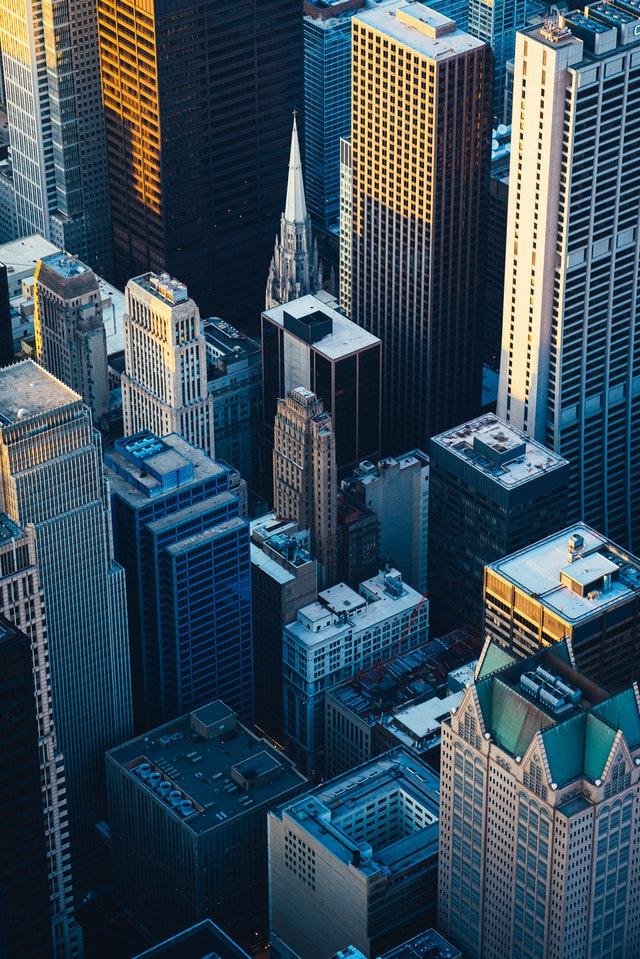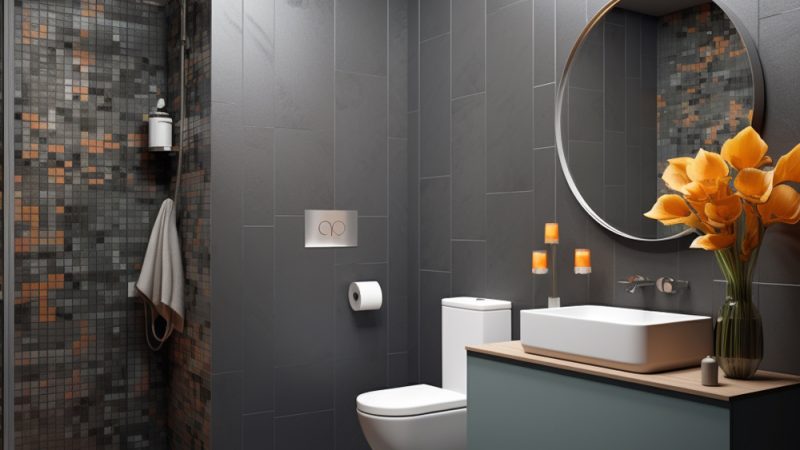Do You Need A Commercial Roofing Inspection?

If you have a commercial roof that is getting older or experiencing wear and tear, you might need to get a commercial roof inspection. By making sure that you get reliable and consistent roof inspections you can help your commercial property avoid costly damages and roof repairs. If you ever notice that your roofing system is failing because you see watermarks on the inside of your building, you need the help of commercial roofing experts.
A commercial roofing inspection will help outline exactly what is wrong, what will happen in the future and how you can fix it. Once all of the details have been ironed out, your roofing contractor will be able to give you a number of solutions in order to repair or replace your roofing system. This will mostly depend on the age of your roof and the extent of its damage. To help you understand the process better, here is a helpful guide we put together about commercial roofing inspections.
What is a commercial roofing inspection?
We should first begin with what exactly a roofing inspection entails. In general, your commercial roofing inspector will conduct the inspection. They will cover areas that include: fire safety, lead-paint identification, wood rot and insect infestation, environmental assessments, asbestos identification, air quality assessments, radon detection, overall roof condition and life span left, as well as the building’s circumference.
Roof inspections essentially examine the condition of your commercial property and try to make sure that everything is up to building codes. You might need to conduct one during a real estate purchase, a lease agreement, a legal issue or if the building owner needs to get the building insured. If you are having a property inspection, then your entire facility will need to be inspected and that includes the roof. Roof inspections usually don’t take much time and they are mostly a visual inspection.
These are some things that a commercial roofing inspection will include:
A review of the inside of the facility
At the start of the commercial roof inspection, it will be inside of your commercial property. This is to look for the endpoint of water leaks if you have any, so the inspector can find out where they are coming from as it can be traced back to where the leak begins. In general, if you have an HVAC unit, then it can be assumed that the leak will have originated in the area.
Outdoor topside walking tour
During the outdoor portion of the roof inspection, the inspector will look for imperfections and damage which can cause leaks. Some common problems that are identified through a walking tour are ponding, substrate damage (or holes), cracks in the membrane, blistering, lifting seams, nails or shingles which are lifting, and other cosmetic problems which lead to leaks. The visual inspection begins near the roof’s edges and works towards the centre. This is for two reasons: the first is that roof issues usually start at the roof’s edge and the second reason is that you do not want to miss an area during your walking tour. Keep in mind that a single-ply roofing system can get pulled up at the edges because of wind. This is because the adhesion will get weaker as time goes on and due to the wind’s stress.
Core samples will be taken
A core sample test is a significant indiciation of the health of the roof. Your inspector will take a small core sample to get to know exactly what is happening with your roofing system. The core sample will reveal how many layers of roofing material were originally installed, the materials that the substrate is made up of, the saturation and moisture levels, and how old the roof is.
Then a report will be made which outlines all of the details
Once the entire inspection is completed, then a detailed report will be issued by your inspector that will tell you what is wrong with the roof, what needs to be fixed and what needs to be done in order to protect the building. Digital photo evidence should be provided as well which shows leaks, and recommendations will also be mentioned in the report. In general, if less than 5% of the roof is leaking then the best solution will be a quick repair. If there is a 25 percent leak or moisture in your roof, then your roof will generally last about three years. Getting a roof restoration is three times more expensive than getting a complete tear-off for your roofing system. A total roof replacement will be recommended if over 25 percent of your roof is damaged or faulty and soaked with moisture. It’s better to spend the money on a complete replacement than to repair it, as a repair typically has a shorter shelf life and you will eventually spend enough money on repairs that will equal to a roof replacement anyways.
Author Bio
Karthik Talwar is a content writer for BreezeMaxWeb that helps businesses showcase their brand through enticing copy. When he is not working, he enjoys exploring new places and trying new foods.


